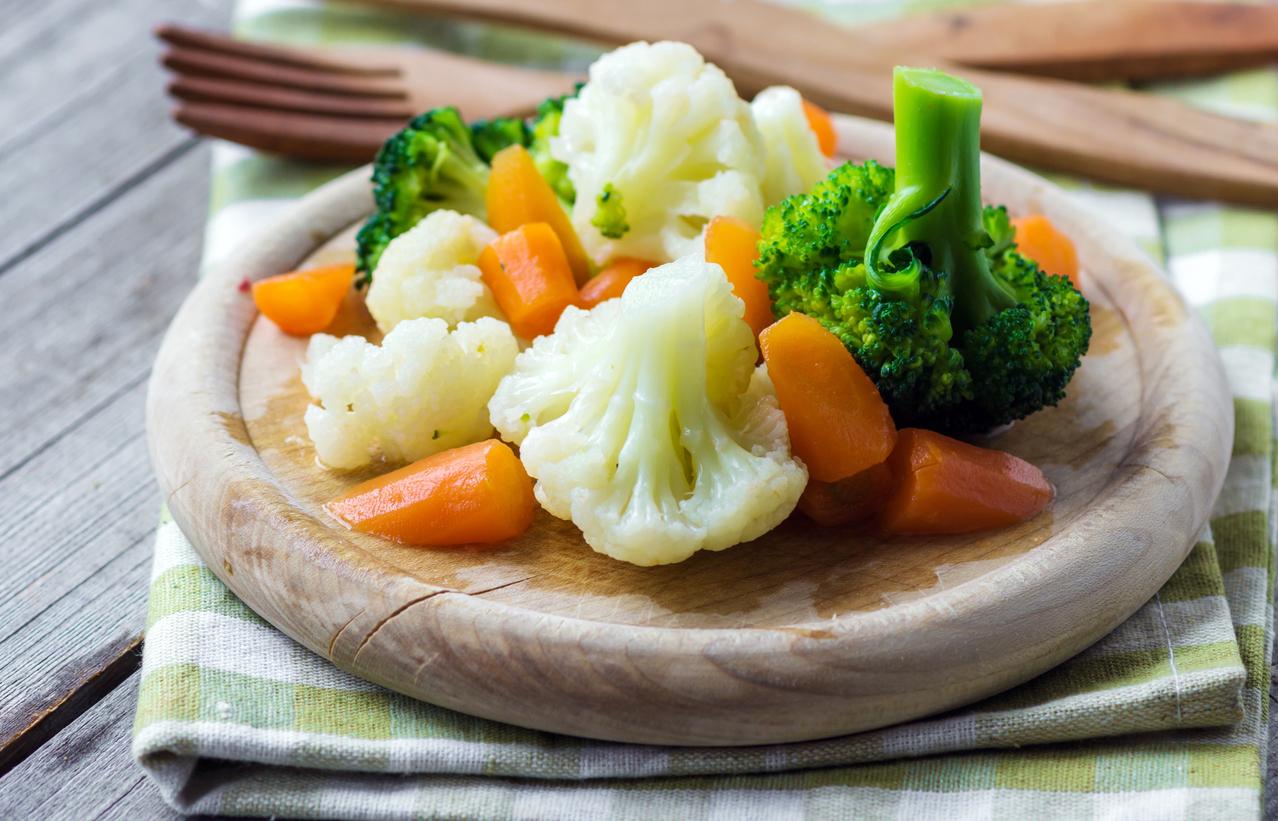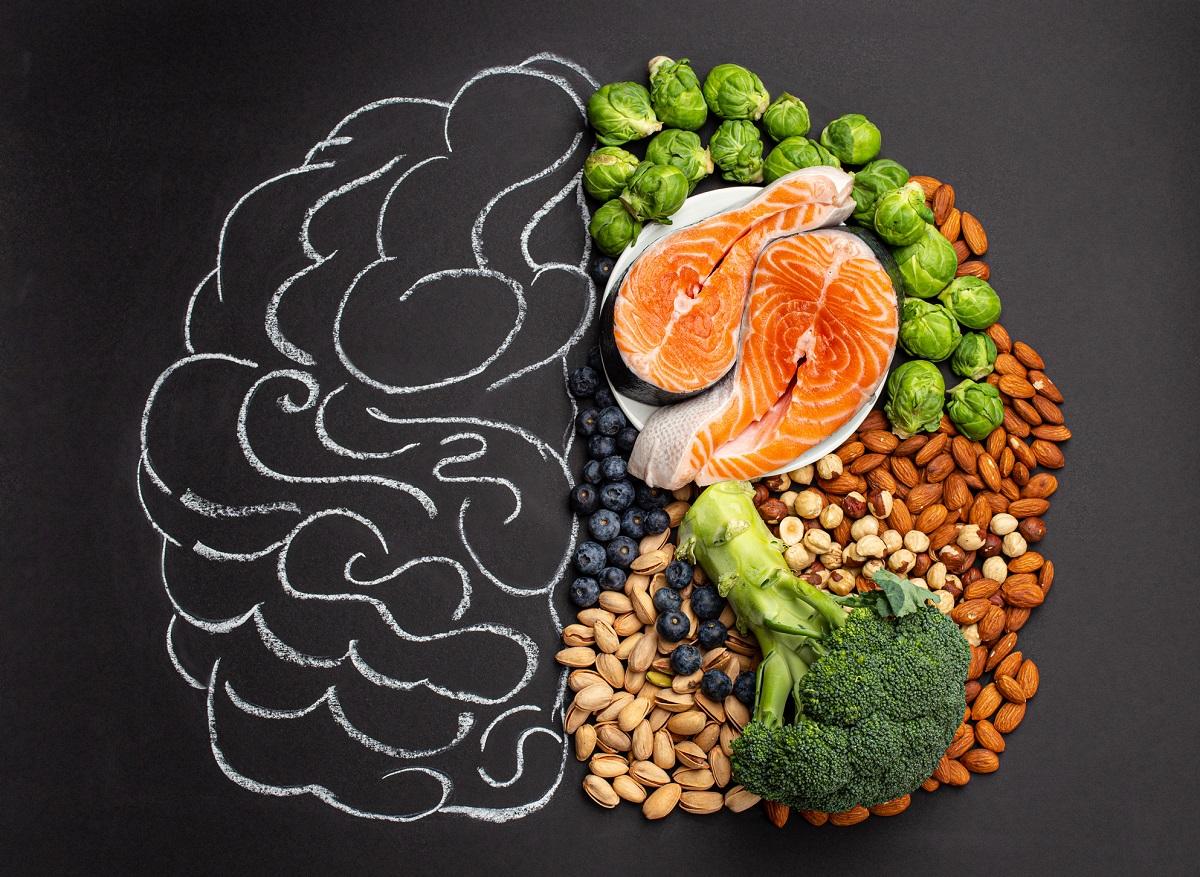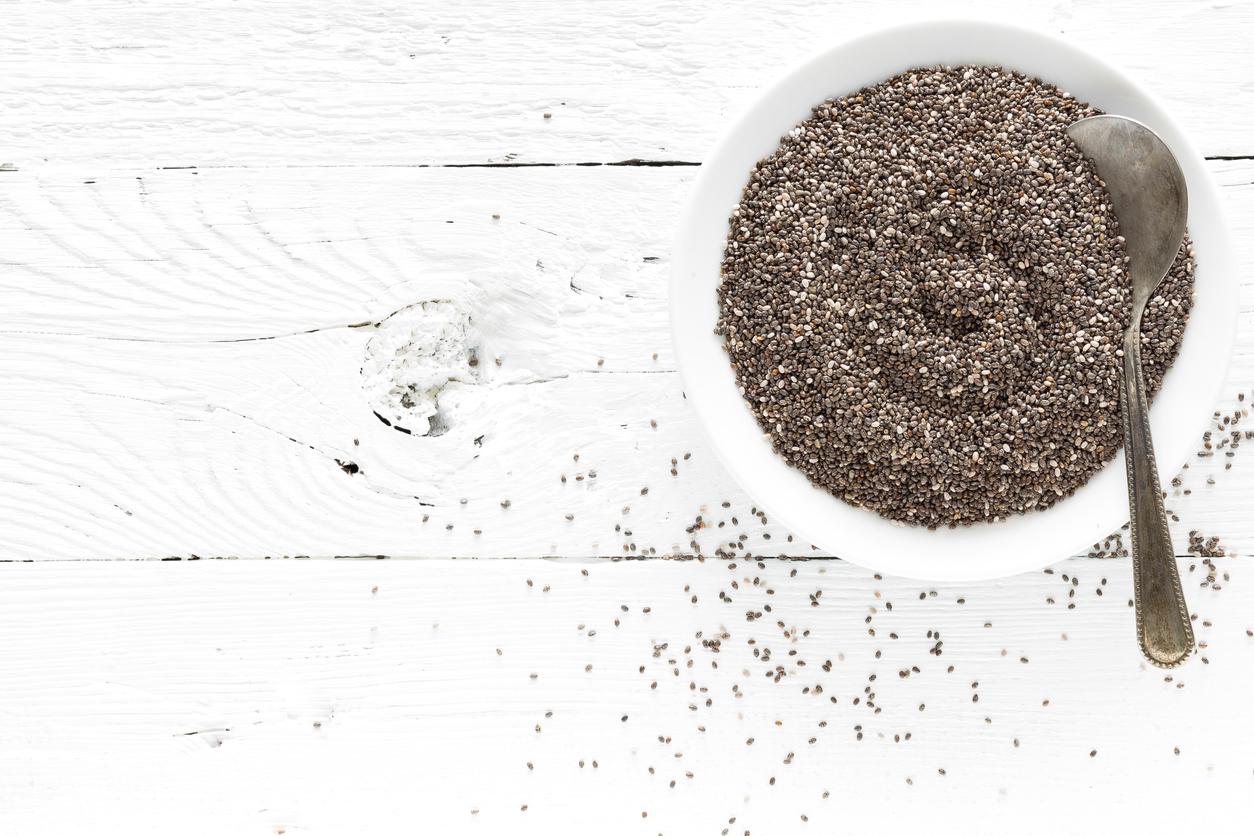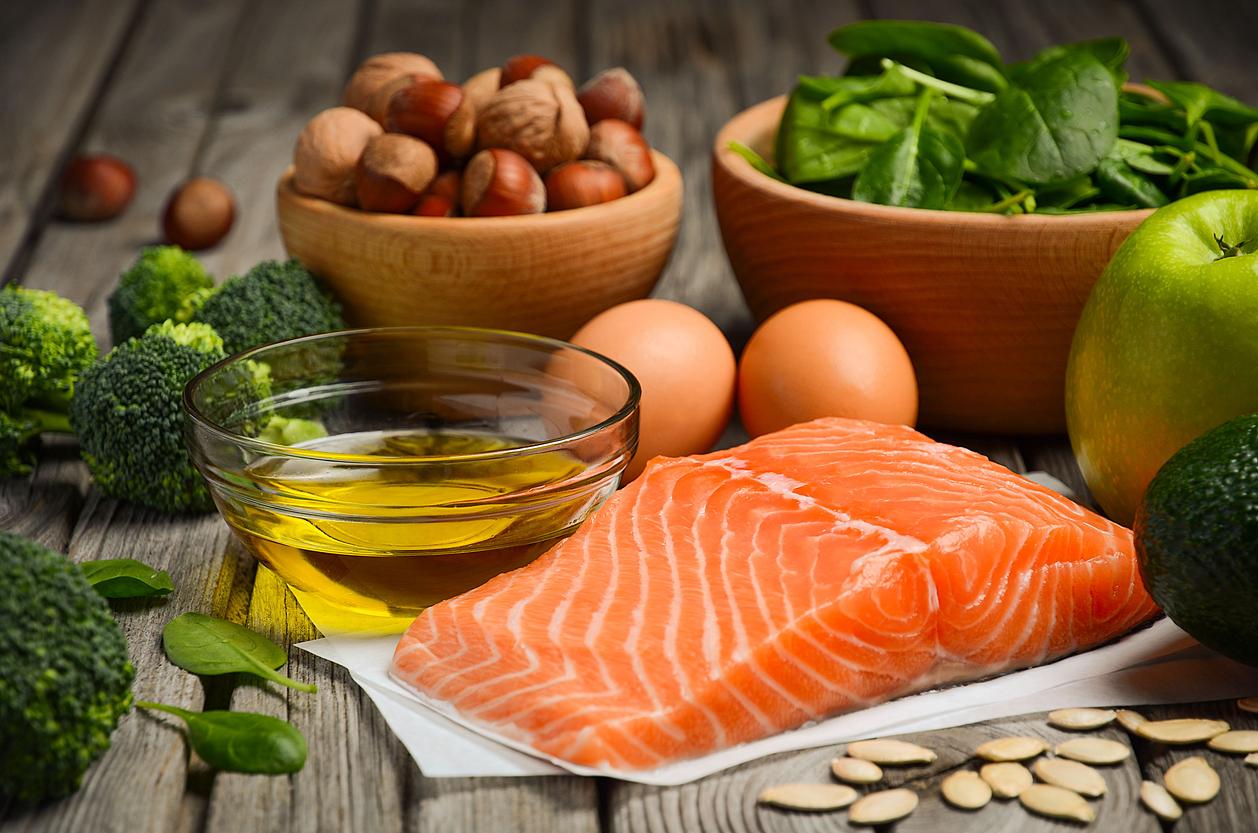Remember to hydrate your eyes
Air conditioning, heating, dust, wind, cigarette smoke … can dry out the eyes. In case of mild dry eye, use physiological saline. If the drought is more severe, it is better to opt for artificial tears associated with a lubricating gel.
>> They cry, they sting? To relieve them, apply warm water compresses for 5 minutes. Then massage the lower then upper eyelids for one minute. Finish the treatment by closing your eyes normally for 2 seconds before opening them again. Close them again by squeezing the eyelids hard before opening them again. Repeat this exercise ten times. Refreshed vision guaranteed!
Put your eyes to rest
Screens make the eyes work a lot. To rest them, practice the 20-6-20 rule: every 20 minutes spent on a screen, look at an object located at a distance of about 6 meters from you, for 20 seconds. Then close your eyes, place your palms over them and stay in this position for 2 to 5 minutes. Another option: wear anti-blue light glasses when spending several hours in front of a computer screen, smartphone, television or tablet.
>> How to strengthen your eyes? Simply with eye gym or eye yoga. Like the “index finger” exercise: head and back straight, stretch out your arm and fix the top of your index finger (or the nail of your thumb). Without moving your head, slowly bring your index finger closer to his nose, then always slowly pull it away, while staring at it. Repeat about twenty times.
Video: zoom in on the anatomy of the eye to understand why to take care of it
Provide them with good nutrients
- Lutein and Zeaxanthin: pigments belonging to the carotenoid family, have great antioxidant and anti-free radical power. They are found in green leafy vegetables (cabbage, spinach, broccoli …), corn and egg yolk.
- Vitamin A : it improves daytime and night vision. It is found in fruits and vegetables with a yellow or orange color (peppers, orange, carrot …) or calf’s liver.
- Vitamins C summer : they fight against free radicals. Citrus fruits, nuts and cereals contain lots of them.
- Zinc : it contributes to the production of melanin by transporting vitamin A from the liver to the retina. Oysters are one of the best sources of zinc, but it can also be found in meat, sesame seeds and pumpkin seeds.
- Omega-3 fatty acids: with anti-inflammatory properties, are mainly present in oily fish (salmon, mackerel, tuna …) and nuts (walnuts, almonds …).
Read also :
- Light or dark eyes: what they reveal about your health
- 9 things to know about your eyes
- Vision problems: when should you get tested?























